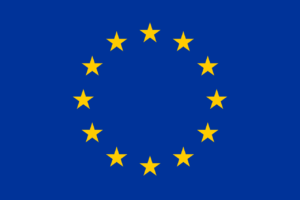Partners
The RESCCUE (Recover Spaces for traumatized children in community settings post COVID-19) project officially began on February 1st 2023.
RESCCUE is a two-year project co-funded by the European Union’s Rights, Equality and Citizenship Programme under the grant agreement 101049371.
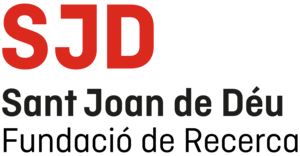
Fundació Sant Joan de Déu
Fundació Privada per a la Recerca i Docència Sant Joan de Déu (FSJD) is the coordinating partner of the consortium. FSJD is a private non-profit research organization whose mission is to contribute to the improvement of the health and wellbeing of people by fostering, supporting and managing the research, dissemination and social innovation activities of Hospital Sant Joan de Déu- HSJD (SJD Barcelona Children’s Hospital) and other affiliated social organizations.
FSJD approaches research and social action as a participatory and interdisciplinary process, where the interaction between professionals and society generates enriching initiatives that provide an appropriate response to people’s needs. FSJD is involved in all the phases of the project and collaborates with the partners of the consortium to implement the actions in each phase.
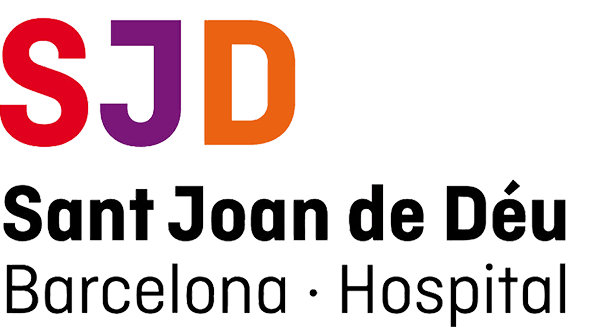
Hospital Sant Joan de Déu Barcelona
Hospital Sant Joan de Déu Barcelona Children’s Hospital (HSJD) is one of the leading medical centers in Europe for childhood and adolescence. It offers a comprehensive and multidisciplinary approach to health care from birth through 18 years of age. HSJD is a private, not-for-profit center, working mainly for the National Health System offering public contracted services. As a university hospital, it contributes to the training of health professionals, together with the Universitat de Barcelona.
The mental health area includes five Outpatient Child Mental Health Centers, which will be involved in the project, and three day-care centers that treated 8,500 patients in 2016. The mental health outpatient centers offer different programs: the Autism Spectrum Disorder Program; the Attention Deficit and Hyperactivity Disorder Program and the Program of Domestic Violence and Abuse (TEVI program).
HSJD will be mainly involved in creating content and organizing workshops for families of children and adolescents. They will also be in charge of implementing a special treatment to patients that are at high emotional risk.
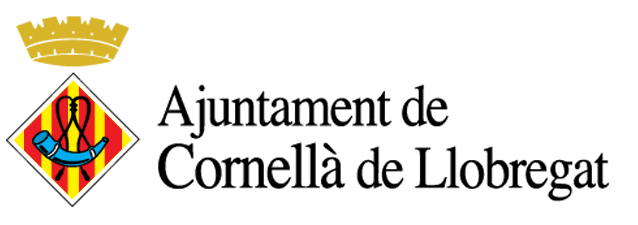
Ajuntament de Cornellà de Llobregat
The consortium also involves a public authority, the city council of Cornellà de Llobregat. Within the city council, the Equality Policy Department works for effective equality between men and women by eliminating any type of discrimination in all areas of daily life based on gender or sexual orientation.
Since 1995, Cornellà de Llobregat incorporated the promotion of equality between men and women into its agenda, carrying out cross-cutting equality policies with the aim of promoting the participation and integration of women in different areas of the city and fighting against sexist violence. It has become a pioneer city in the development of equality policies.
Ajuntament de Cornellà de Llobregat is in charge of coordinating the children and adolescents participation in the co-creation sessions and organizing the series of workshops on mental health and domestic and online violence during the 2023-2024 school year.
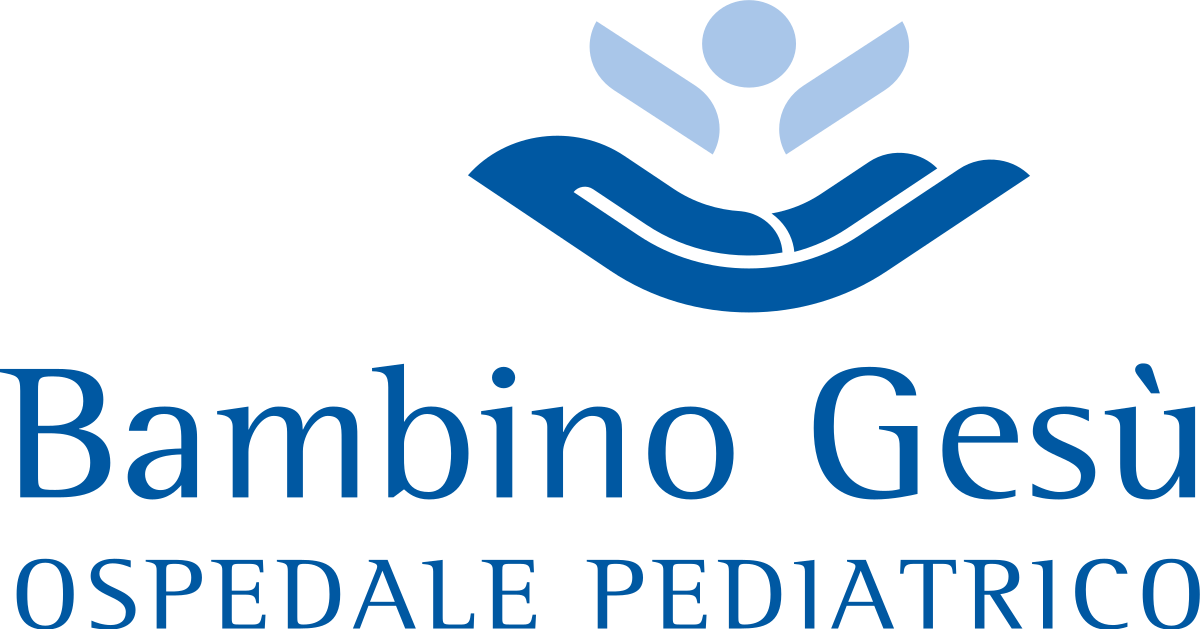
Ospedale Pediatrico Bambino Gesù
The Ospedale Pediatrico Bambino Gesù (OPBG) is a Scientific Institute for Research, Hospitalization and Health Care and an Academic Medical Center. It is Italy’s main pediatric Hospital and provides third level health care for children while performing basic, clinical and translational research activities. OPBG is part of the Italian National Healthcare System and is widely recognized as a referral center for all pediatrics specialties at national and international level.
The Hospital provides a complete range of healthcare services to children. OPBG has a total permanent staff of approx. 2,500, of which 550 physicians, 45 biologists and pharmacists, involved both in clinical and in research activities. OPBG has a research staff on a non-permanent position of 180. There are also approx. 50 post-graduate trainees (medical and surgical) and over 100 students and interns.
The Hospital has developed a real “Bambino Gesù System” that stretches beyond the regions of Rome and Lazio, establishing itself as a national and international center of excellence. The historical location at Gianicolo, in Rome, has become the hub of a new multi-centred hospital extending beyond regional boundaries to meet the healthcare needs of children from all over southern Italy. Equally important are the international missions in developing countries. Today the Bambino Gesù is active in 12 countries, intending to provide care and pass on its experience in the most deprived areas of the world.
OPBG is in charge of testing the transferability of the implementation of the project’s activities in another setting, location and culture.
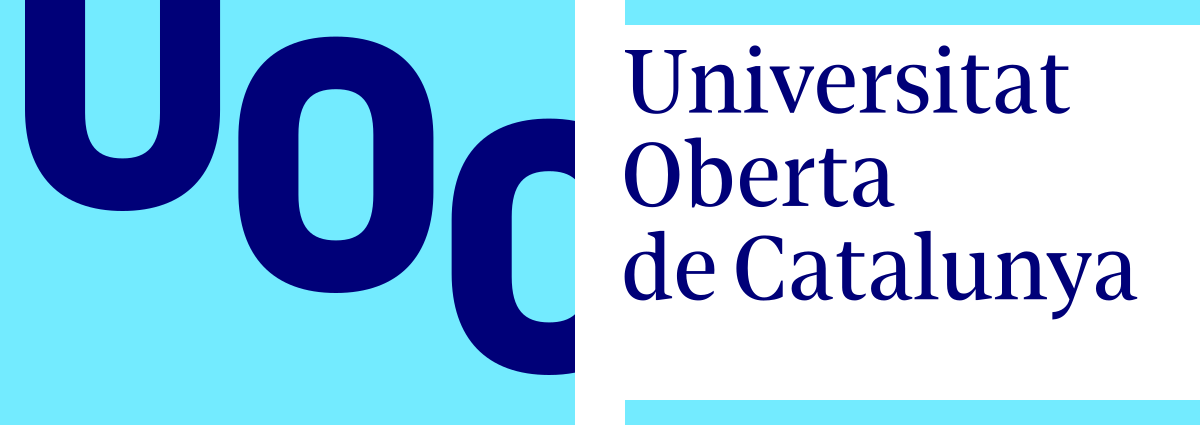
Universitat Oberta de Catalunya
Universitat Oberta de Catalunya is one of the world’s premier online Higher Education universities, now engaging more than 70,000 students. UOC’s core goal is to be the university of the knowledge society, promoting innovative education, personalized learning, technological leadership, R&D work on the information society and eLearning. Over the last five years, UOC has participated in more than 250 R&D projects and around 50 European initiatives, including 9 in the 7th Framework Programmes in Marie Curie, ICT, and Science in Society; 17 projects in the Lifelong Learning Programme, 25 Erasmus+ projects (4 as leader), 3 COST Actions, 1 DG Growth initiative, and leadership so far in 5 Horizon 2020 projects, as well as participation in 16 more as partners. UOC has proven records of producing digital tools such as toolkits, guideless for open online debates and documentaries, among others.
UOC is involved in the co-creation process as well as the conceptualization and design of the project’s collaborative and gamified resources for children and adolescents, education professionals and families.


